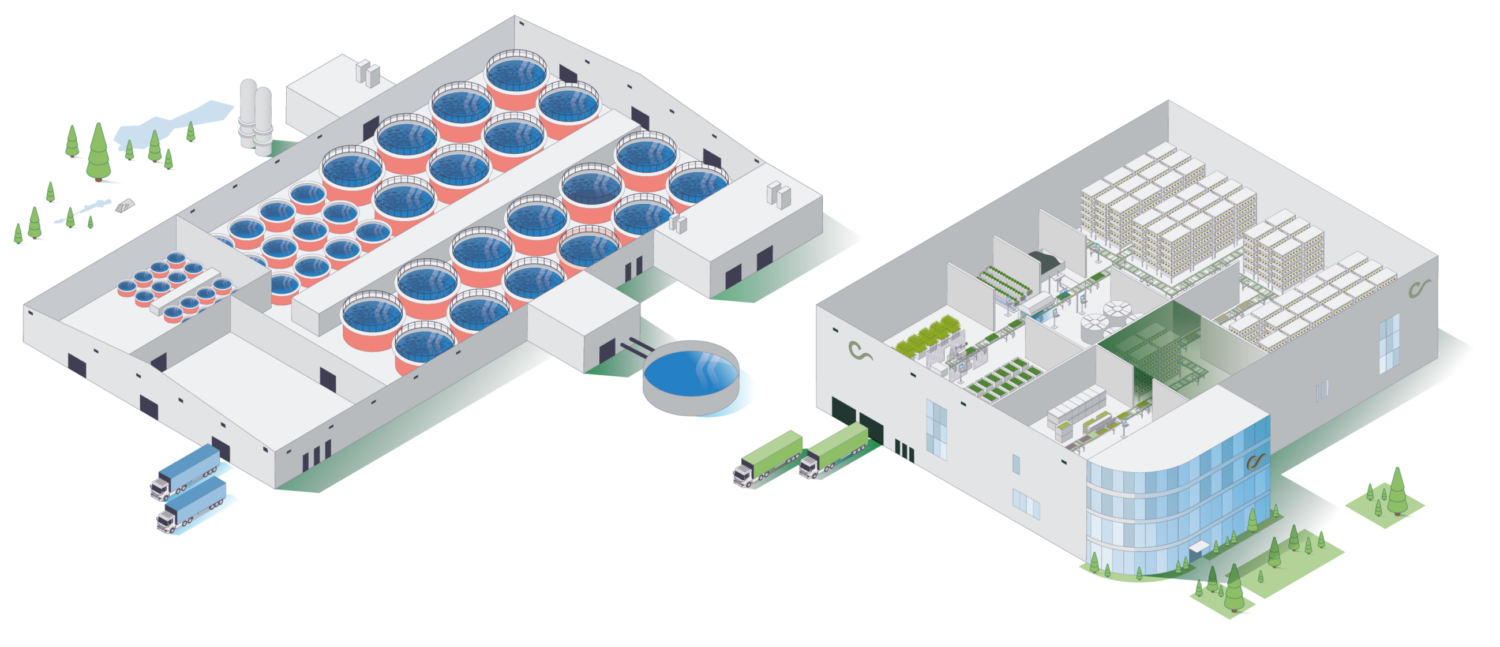About us
Research and development
Columbi Farms runs several R&D projects with academia and technology companies. By collaborating with experts, organizations, and society at large, the company aims to be on the frontline of inspiring climate action.
Read more about our research project "nutricycle"
